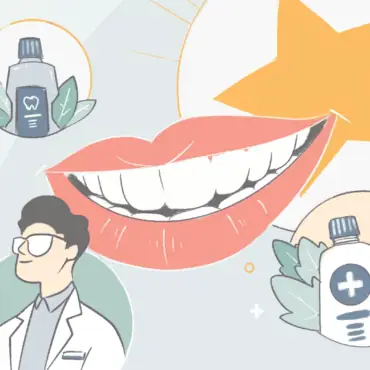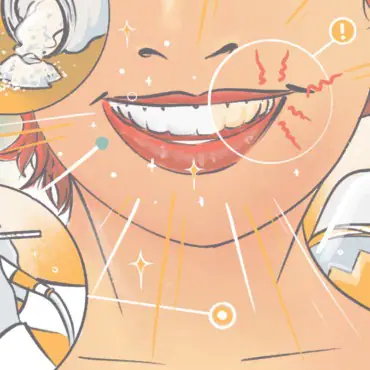“Should I get braces?” It’s a question many have asked before you. In fact, 4 million Americans are wearing them today. It is a big decision to commit to this procedure, but we can’t overstate the payoff. Straighter teeth will give you greater confidence, simply by removing the self-consciousness you may feel when you smile.
Braces aren’t always just for cosmetic reasons. More severe problems like an overbite or very crooked teeth can cause serious issues later in life. If your teeth are so crooked, you can’t properly clean between them; you’re at a higher risk of periodontal disease, which can end in tooth and bone loss.
Due for a checkup?
Find a top rated dentist near you that takes your insurance.
Thankfully, modern braces come in all kinds now, from highly visible (but highly effective) metal ones to nearly invisible clear plastic trays you can remove when you eat. Budget options vary, and so do comfort levels for each choice. Your dentist or orthodontist will be able to recommend the options that make the most sense for your specific dental issue.
Let’s look at the 5 most common procedures.
Metal braces
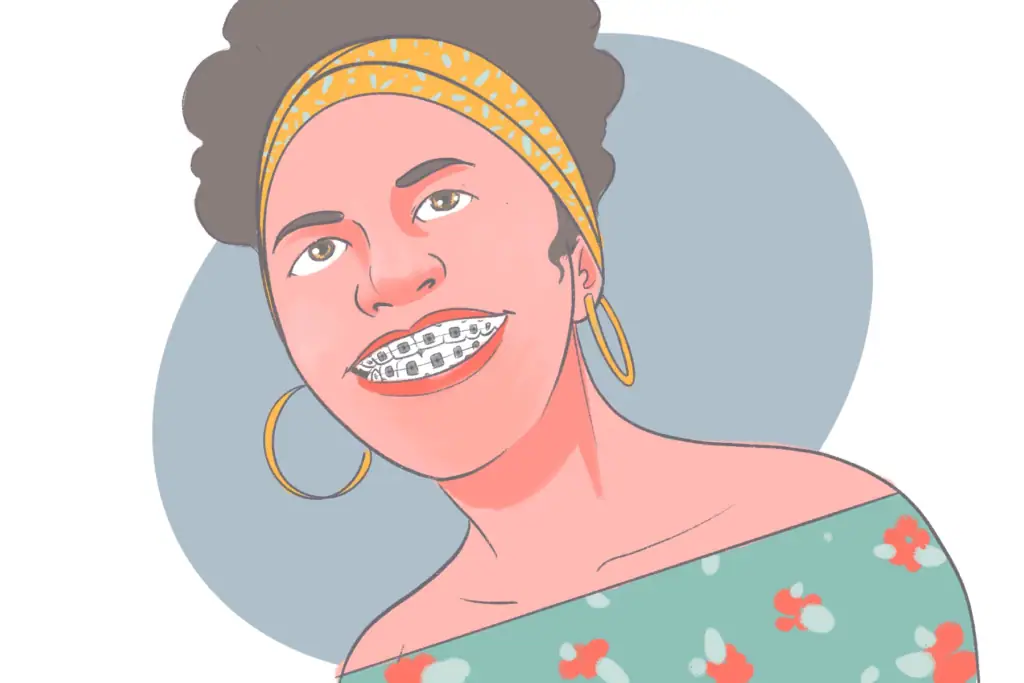
Metal braces are the traditional, most common option you already recognize. Brackets are cemented to your teeth, and archwires apply pressure to move teeth into place slowly.
You’ll be required to visit your dentist or orthodontist regularly for adjustments while wearing your metal braces. The archwires are attached with tiny elastic ligatures, which will require regular changes to maintain the correct pressure.
You’ll also be limited in what you can eat and drink while wearing metal braces. Sticky foods can get stuck and prove very challenging to clean out, leaving you vulnerable to potential tooth decay if plaque and tartar begin to build up. Additionally, hard foods like popcorn or peanut brittle can even break them, which is an uncomfortable prospect.
Cost: Between $3,000 and $6,000. And while they’re not the most comfortable option, they’re highly effective; it’s a procedure that’s worked for many millions of people.
Ceramic Braces
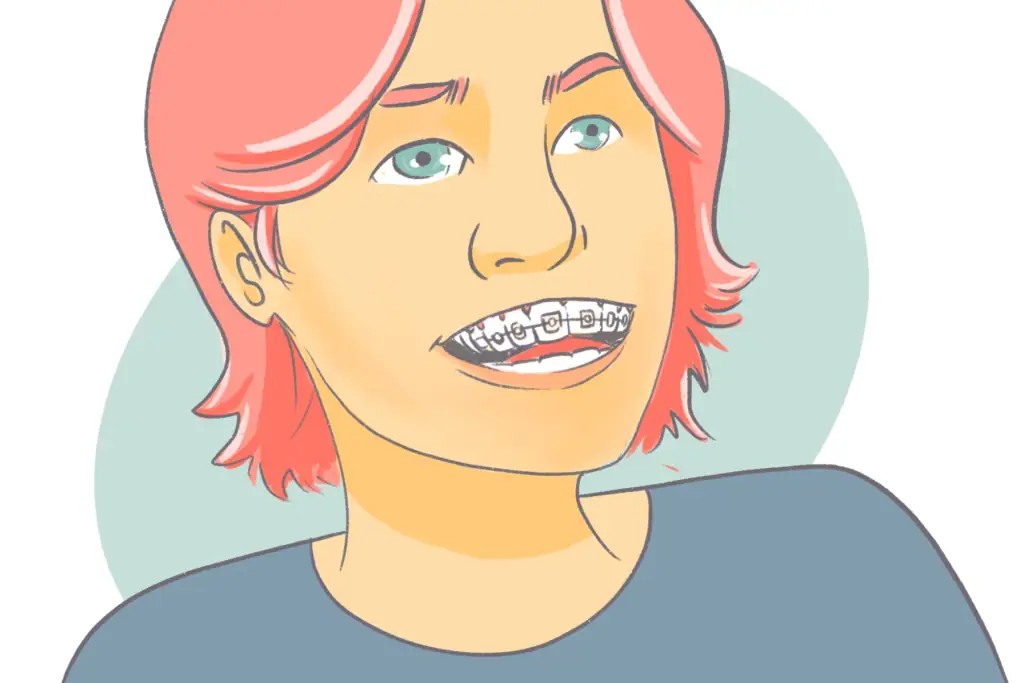
Ceramic braces are essentially the same as metal ones in how they work and appear, with one big difference. These brackets are clear or tooth-colored; sometimes, the wires are even tooth-colored. While this may sound like an attractive option, their light color stains more easily, meaning you need to take greater care to keep them clean.
Ceramic braces present the same cleaning challenges as metal. And as a material, ceramic isn’t as durable as metal. So while the setup may be similar, ceramic braces will take longer to move your teeth into place. They also break more easily, potentially resulting in more trips to the dentist for repairs.
Cost: Here’s a downside to them; depending on the extent of work you need, ceramic braces will run you between $4,000 and $8,000 from start to finish.
Lingual braces

Lingual braces are an excellent option if you’re self-conscious about being a metal-mouth. They’re basically the same as metal ones but attached to the inside of your teeth rather than the outside.
So to the outside world, lingual braces are essentially invisible. However, with all that hardware on the inside of your teeth, they will be more uncomfortable at first and take longer to get used to. They’re also harder to clean and may not be the best choice for severe types of dental problems.
Cost: On average, about $5,000 to $7,000. Though materials and the number of dental visits are about the same as traditional metal braces, installing and adjusting lingual braces can be more time-consuming.
If you’d like a faster treatment period, lingual braces can be robotically shaped to fit your mouth perfectly. This higher-end option may cost you up to $13,000.
Due for a checkup?
Find a top rated dentist near you that takes your insurance.
Self-ligating braces
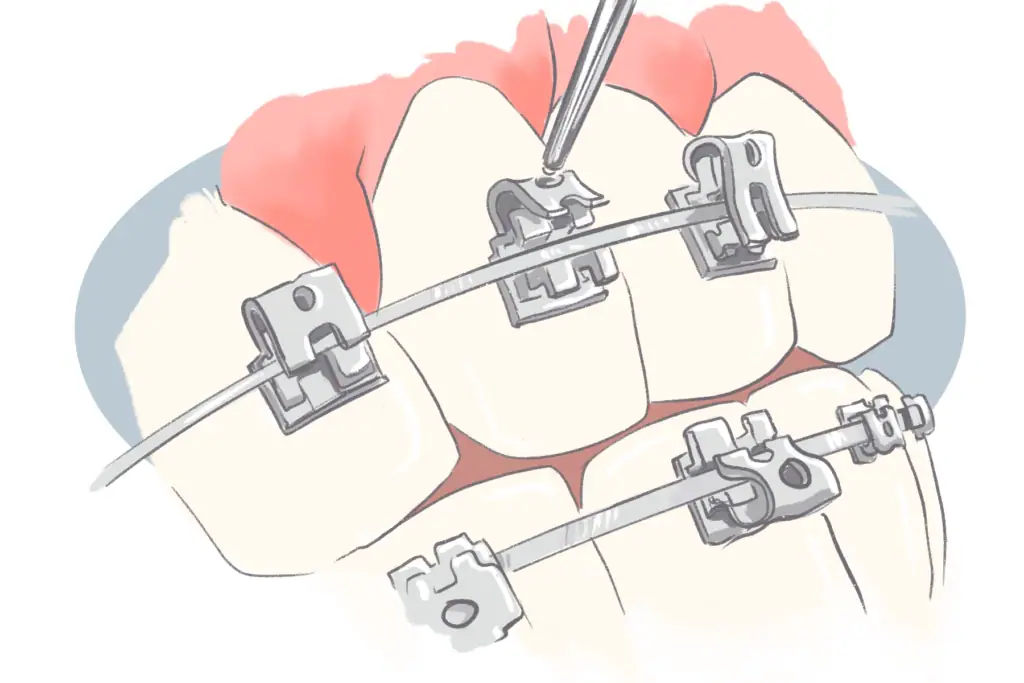
Self-ligating braces are also similar to traditional metal ones. The difference is that this type doesn’t require elastics or rubber bands to connect the archwires. Instead, a slide mechanism puts constant pressure on the teeth.
Self-ligating braces require less-frequent adjustments, reducing the amount of time you need to wear them. They also apply less friction to the teeth, making them less painful to wear and less likely to damage tooth enamel.
Cost: They’re comparable to traditional metal braces, on average, between $3,500 and $8,500.
Invisalign
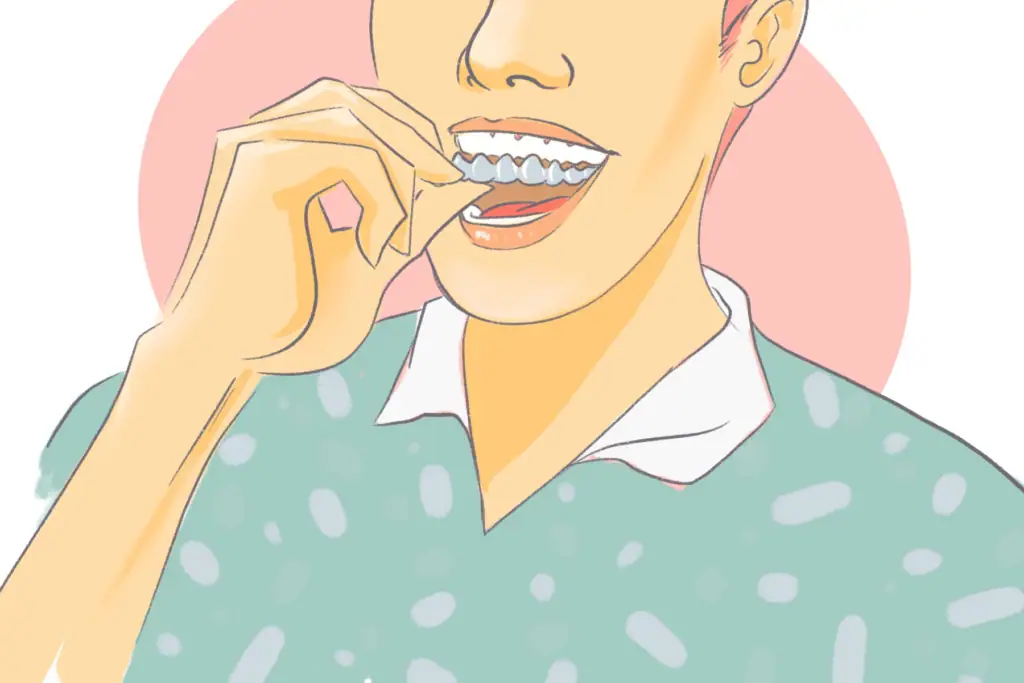
Invisalign has become a very popular straightening treatment for all ages. Rather than dealing with fixed brackets and wires, specially molded clear plastic trays are custom-fitted to your teeth. These trays must be worn 22-23 hours each day, and you’ll go in for a new set every two weeks.
The primary benefit of Invisalign is that these clear trays are nearly invisible to other people. Further, you can take them out to eat, meaning you don’t have to give up some of your favorite foods for the treatment duration. And while Invisalign works great for treating mild dental problems like crooked teeth, it’s not an option for heavy-duty adjustments.
Cost: It’s typically more expensive than metal braces, averaging between $3,500 and $8,000.
Ok, so what type of braces should I get?
At the end of the day, the type that make the most sense for you will be largely dictated by the kind of dental problems you have. Comfort level and budget will also be your guides. For mild issues, Invisalign is a great choice. More complicated issues like jaw-alignment may require metal braces. Speak with your dentist at your next dental appointment to get more guidance for your specific situation.
What’s the right age to get braces?
Surprisingly, the best age to get braces is around 7 years old. By this time, kids are starting to get their adult teeth come in. Braces at this age allow orthodontists to take advantage of the child’s teeth’ natural movement as they grow, potentially making treatment easier.
That being said, almost anyone can get braces at any age. Many adults opt for them because their families couldn’t afford them when they were very young.
Where can I find an orthodontist?
No matter which type you decide is right for you; it’s critical to be happy with your orthodontist. You’re going to be seeing a lot of them over the coming years. Further, in order for the procedure to work, braces have to be applied very precisely. An experienced dentist or orthodontist will be your best option.
Our network of amazing dentists and orthodontists all across North America are at the ready. Let us help you find a dentist or orthodontist today. After you’ve had braces, you’ll never stop smiling.
Due for a checkup?
Find a top rated dentist near you that takes your insurance.





